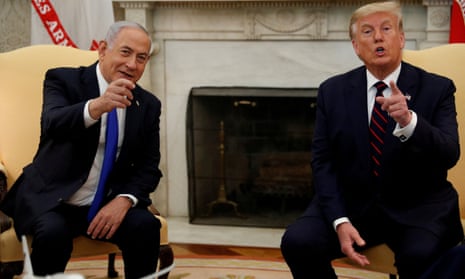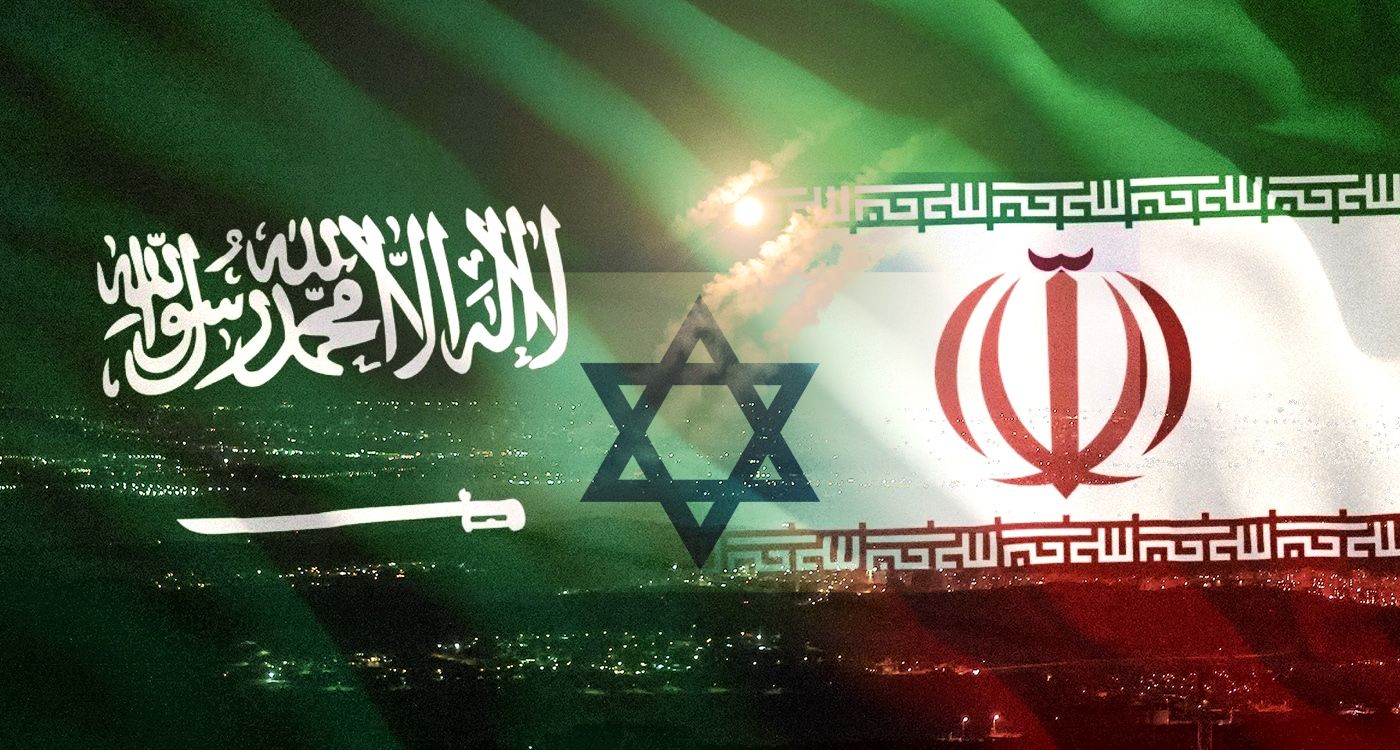Global Power Rift: Trump-Netanyahu Feud Signals Shifting Alliances in a Turbulent World

A Rift at the Heart of Global Politics

In a world already fraught with uncertainty, the latest chapter in the relationship between Donald Trump and Benjamin Netanyahu is sending ripples across the international stage. Once united by shared interests and a common vision for the Middle East, the former US president and the Israeli prime minister now find themselves at odds, their disagreements spilling into public view. This unfolding drama is more than a personal feud-it is a reflection of shifting priorities, evolving alliances, and the unpredictable nature of modern geopolitics.
The Trump-Netanyahu Partnership: From Allies to Adversaries

The Trump-Netanyahu alliance was, for years, one of the most visible and consequential partnerships in global politics. During Trump's presidency, the two leaders were in near lockstep on key issues: moving the US embassy to Jerusalem, recognizing Israeli sovereignty over the Golan Heights, and brokering normalization agreements between Israel and several Arab states under the Abraham Accords.
Their relationship was marked by mutual admiration and political convenience. Trump, seeking to solidify support among pro-Israel voters in the US, found in Netanyahu a willing partner eager for American backing. Netanyahu, facing his own domestic challenges, leveraged Trump's support to bolster his image as Israel’s indispensable leader.
Yet, beneath the surface, differences simmered. Netanyahu’s calculated pragmatism often clashed with Trump’s impulsive style. While both leaders thrived on controversy and disruption, their visions for Israel’s future-and its relationship with the United States-were not always aligned.
Seeds of Discord: The Election Fallout

The seeds of the current discord were sown in the aftermath of the 2020 US presidential election. As Trump refused to concede defeat and pushed baseless claims of electoral fraud, Netanyahu was among the first world leaders to congratulate Joe Biden on his victory. This move, seen by Trump as a personal betrayal, marked a turning point.
In interviews and public statements, Trump has not hidden his resentment. “He was very quick to congratulate Biden,” Trump remarked in a 2021 interview, adding, “I haven’t spoken to him since.” For Netanyahu, the decision was a matter of diplomatic necessity-Israel’s security depends on a strong relationship with whoever occupies the White House.
The fallout was swift. Trump’s supporters in the US and Israel began to question Netanyahu’s loyalty, while Netanyahu’s allies dismissed Trump’s grievances as the outbursts of a sore loser. The once-solid alliance was now showing cracks.
Policy Divergence: Iran, Saudi Arabia, and the New Middle East

The Trump-Netanyahu rift is not merely personal; it reflects deeper policy divergences that have emerged as the Middle East undergoes rapid transformation.
Iran: A Divisive Threat
Iran’s nuclear ambitions remain a central concern for both leaders, but their approaches have diverged. Trump’s “maximum pressure” campaign-including the withdrawal from the Iran nuclear deal-was enthusiastically supported by Netanyahu. However, with Trump out of office and the Biden administration seeking a return to diplomacy, Netanyahu has found himself increasingly isolated.
Trump, meanwhile, has criticized Netanyahu for not doing enough to contain Iran, even as he touts his own record of sanctions and military threats. The lack of a unified front has emboldened Iran, complicating efforts to build a regional coalition against Tehran.
Saudi Arabia and the Abraham Accords
Another flashpoint is the future of the Abraham Accords and the prospect of Saudi-Israeli normalization. Trump has accused Netanyahu of undermining his efforts to broker a grand bargain in the region, while Netanyahu has expressed frustration with Trump’s transactional approach.
The Biden administration’s attempts to revive talks with Saudi Arabia-reportedly without the precondition of Israeli normalization-have further complicated matters. Netanyahu, facing domestic opposition and a fragile coalition, is wary of any deal that sidelines Israel or weakens its security guarantees.
Domestic Pressures: Politics Without Borders
Both Trump and Netanyahu are, at their core, political survivors. Their current feud is as much about domestic politics as it is about foreign policy.
Trump: The Comeback Trail
Trump remains the dominant figure in the Republican Party, eyeing a return to the White House in 2024. His attacks on Netanyahu play well with his base, who view loyalty as paramount. By casting Netanyahu as disloyal, Trump seeks to reassert his own influence over US-Israel policy and the broader conservative movement.
Netanyahu: A Leader Under Siege
Netanyahu, meanwhile, is fighting for his political life. Facing corruption charges and mounting criticism over his handling of the Gaza conflict, he needs to project strength and independence. Distancing himself from Trump allows Netanyahu to appeal to a broader spectrum of Israeli voters, including those wary of becoming too closely aligned with any one US administration.
The Global Impact: Uncertainty and Realignment
The implications of the Trump-Netanyahu rift extend far beyond Washington and Jerusalem. As traditional alliances fray, new opportunities-and dangers-are emerging.
US-Israel Relations: A Test of Resilience
The US-Israel relationship has weathered many storms, but the current tensions are testing its resilience. With Trump and Netanyahu no longer in sync, policymakers in both countries must navigate a more complex landscape. The Biden administration, for its part, is seeking to balance support for Israel with a renewed emphasis on diplomacy and human rights.
Regional Dynamics: A Shifting Balance
In the Middle East, the absence of a unified US-Israel front has emboldened rivals and unsettled allies. Iran, sensing weakness, has stepped up its regional activities. Arab states, once eager to align with Trump and Netanyahu, are recalibrating their strategies. The prospect of a new regional order-one less dependent on American leadership-is becoming increasingly real.
The Global Stage: Lessons for the Future
The Trump-Netanyahu feud is a cautionary tale about the dangers of personalizing international relations. As leaders come and go, the interests of nations endure. The challenge for policymakers is to build alliances that can withstand the vagaries of politics and personalities.
Conclusion: A Relationship in Flux

The once-unbreakable bond between Donald Trump and Benjamin Netanyahu is now frayed, a casualty of changing times and shifting priorities. Their feud is a microcosm of the broader upheaval shaking the foundations of global politics.
As the world watches, the choices made by these two leaders-and their successors-will shape the future of US-Israel relations and the stability of the Middle East. In an era defined by uncertainty, one thing is clear: the only constant is change.

MNF
Content Creator at MNF
Passionate about delivering high-quality content on technology, news, and more. Follow me for the latest updates and insights.
Leave a comment
Share your thoughts and comments on this post.
Comments
There are no comments. Be the first to comment 😊💡